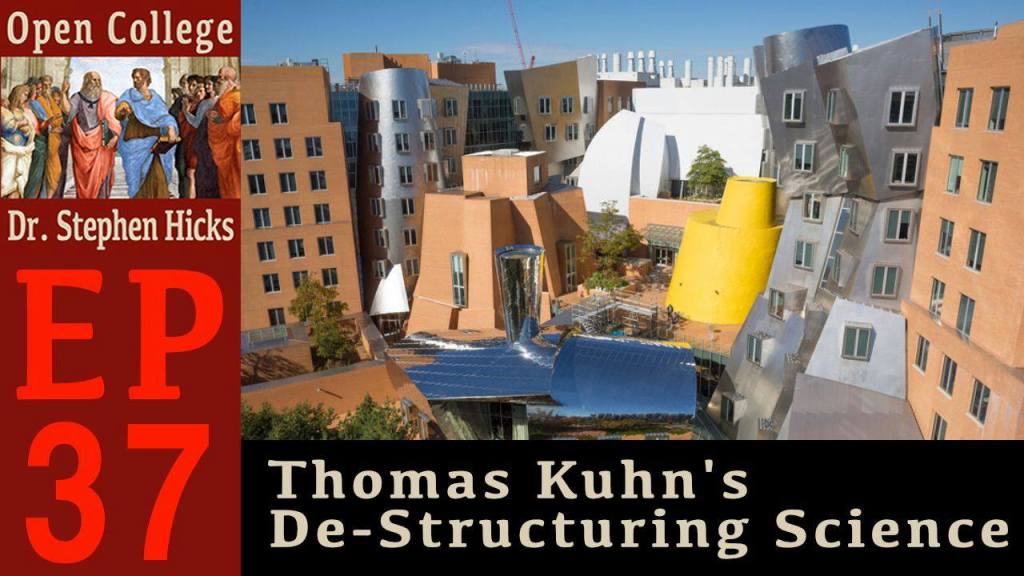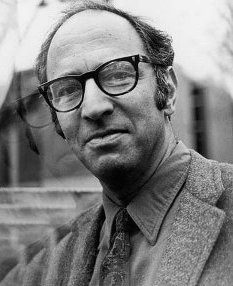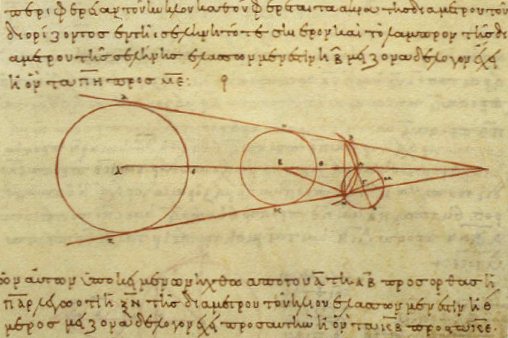Thomas Kuhn, The Structure of Scientific Revolutions [Atlas Intellectuals]
In this unit of the Objectivity course we feature Kuhn’s The Structure of Scientific Revolutions, in which he questions whether science is or can be an objective process based upon observational facts that makes progress toward truth. Thomas Kuhn was a professor at Massachusetts Institute of Technology and author of The Structure of Scientific Revolutions, a […]
Thomas Kuhn, The Structure of Scientific Revolutions [Atlas Intellectuals] Read More »




